Mozambique: Parliament just closed its first session of the current legislature - Watch
Are collections for the XI Frelimo Congress legal?

DW (File photo)
On the eve of its XI Congress, Frelimo is collecting funds for the event. No one escapes and all contexts are valid. For some, this shows a lack of ethics, while others see nothing wrong with it.
This is not a new practice for the Liberation Front of Mozambique. DW Africa has reported cases of school principals who had part of their wages deducted mandatorily, and lists detailing contributions from public officials to the ruling party circulate openly on social networks.
There are those who do not look favourably on these practices. One such is analyst and Democratic Movement of Mozambique (MDM) member Venâncio Mondlane.
“It is unethical, totally illegitimate, illegal and even immoral. There is no other way of describing it. It is ongoing criminality,” he says. He does however acknowledge that there are suitable forums for soliciting donations, such as Frelimo party events.
Contributions are the duty of the militants and sympathisers
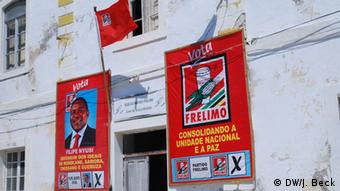
Lawyer Filipe Sitói however explains that, “from the standpoint of Frelimo party statutes, all militants and sympathisers have a duty to contribute to their party, especially for big events such as the congress”. In this case, Sitói make no distinction as to collection space, which can be private or public.
However, Sitói recalls that “there is no obligation for civil servants to have contributions deducted from their wages. But if the employee is a member, militant or sympathiser, he has this statutory duty to contribute”.
And there is no illegality in public officials voluntarily making contributions, Sitói says.
“There is no legal basis and neither does the law of political parties mention or punish such situations, so there where the law does not prohibit it, no interpreter or enforcer of the law can conclude it is illegal,” he says.
Compulsory contributions vs. state de-politicisation
The opposition has long demanded the de-politicisation of the state apparatus – a controversial issue in the peace negotiations between the Frelimo government and Renamo (Mozambican National Resistance), the largest opposition party.
Mondlane therefore considers that there are grounds for interpreting the alleged mandatory collections as “unwillingness” on the government’s part to address this critical point in the negotiations.
“There is no shame at all, especially at a time when the country is riven with scandal.” WHO SAID THAT?
The fact that magistrates still make contributions leads the MDM deputy to question the impartiality and independence of these professionals. Mondlane has little trust in justice.
“Since the Attorney General’s Office has never taken a position, despite constant denunciations, the impunity continues,” he says.
But Sitói does not see the situation in the same way. According to him, “if there is a violation of laws, offended persons must act together with the superior councils, with the Civil Service and with the Administrative Tribunal”.
And he concludes: “It is easy to use the means of administrative and contentious litigation because the Constitution is clear: no one is obliged to abide by illegal or unconstitutional orders, and if there were violations of subjective rights the offended, in light of the law and the Civil Code, can use the means of surveillance which the courts constitute.”


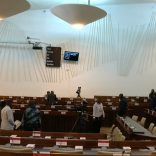

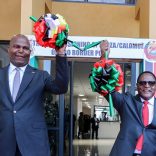

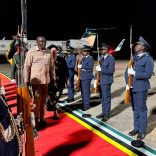
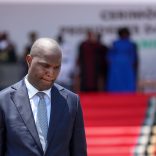




Leave a Reply
Be the First to Comment!
You must be logged in to post a comment.
You must be logged in to post a comment.